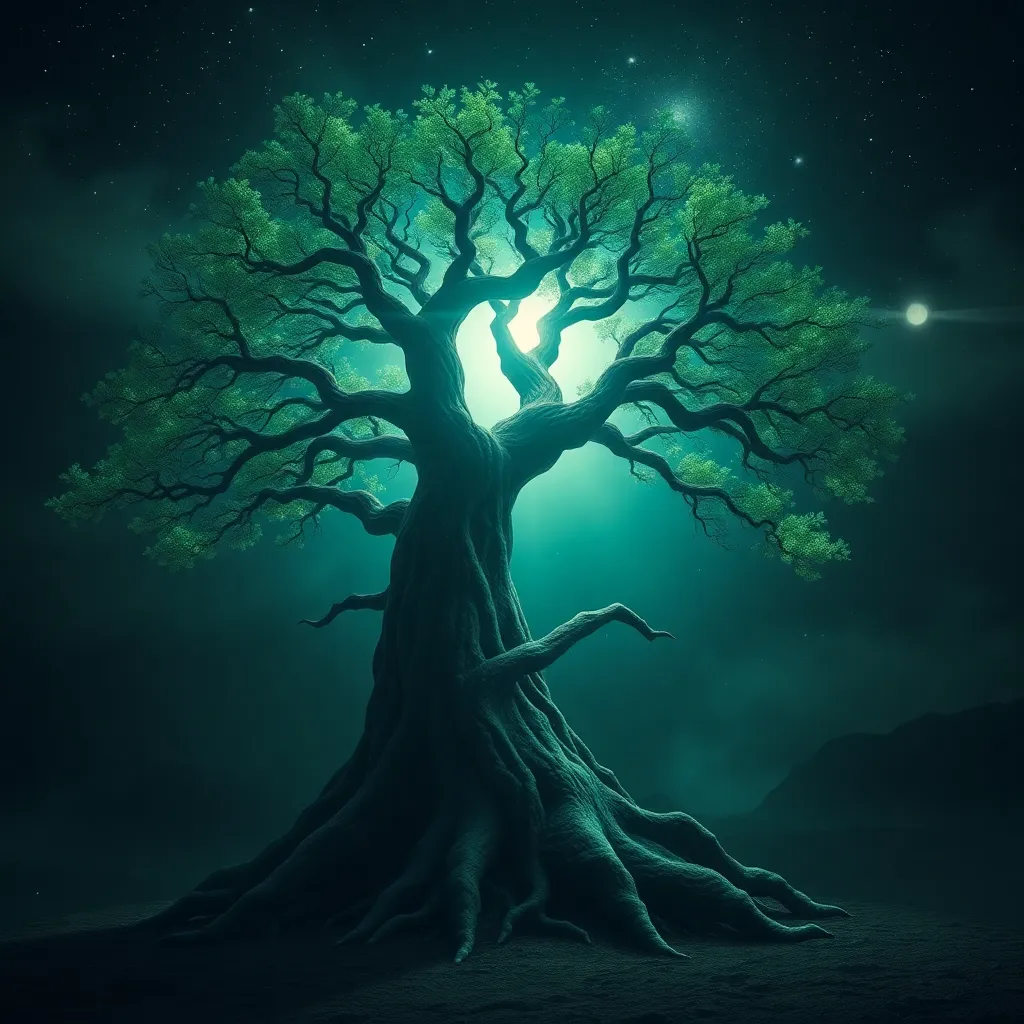The Sacred Elephant: Majesty and Myth in Indian Culture
1. Introduction to the Sacred Elephant in India
In India, the elephant is not just an animal; it is a symbol of majesty, strength, and wisdom deeply woven into the cultural fabric of the nation. Revered across various regions, the elephant represents both physical power and spiritual significance. From the lush jungles of southern India to the bustling streets of urban centers, this magnificent creature holds a special place in the hearts of many.
Throughout Indian culture, elephants symbolize various religious and spiritual beliefs. In Hinduism and Buddhism, they are often associated with prosperity, wisdom, and enlightenment, showcasing their multifaceted roles in society. The elephant’s extraordinary presence in religious rituals, festivals, and art underlines its importance in defining Indian identity.
2. Historical Context: Elephants in Ancient India
Historically, elephants were significant in ancient Indian society, especially in royal courts where they symbolized power and strength. Kings would employ elephants in warfare, using their size and might to intimidate enemies and secure victories. Additionally, elephants were also used in construction and agriculture, showcasing their versatility and importance in daily life.
References to elephants can be found in ancient Indian texts, such as the Vedas and Puranas, where they are depicted as sacred beings. The Mahabharata and Ramayana feature elephants prominently, illustrating their cultural significance and the reverence bestowed upon them throughout history.
3. Elephants in Hinduism: Symbols of Prosperity and Wisdom
In Hinduism, the elephant is most famously represented by Lord Ganesha, the remover of obstacles and god of beginnings. Ganesha is depicted with the head of an elephant, symbolizing wisdom and understanding. His image is worshipped at the start of any auspicious event, reinforcing the elephant’s association with prosperity.
Rituals and festivals celebrating elephants in Hindu practices are abundant. For instance:
- Ganesh Chaturthi: A festival dedicated to Lord Ganesha, where elaborately crafted elephant idols are worshipped and paraded.
- Onam: In Kerala, elephants play a central role in the festivities, participating in processions and cultural events.
These rituals highlight the reverence for elephants and their integral role in Hindu worship and traditions.
4. The Elephant in Buddhism: A Symbol of Enlightenment
In Buddhist tradition, the elephant also holds a revered status. One of the most significant stories is that of Queen Maya, the mother of Siddhartha Gautama (Buddha), who dreamt of a white elephant before giving birth. This white elephant symbolizes purity and enlightenment, illustrating the animal’s spiritual significance in Buddhism.
Moreover, elephants appear frequently in Buddhist art and iconography, often depicted as symbols of strength, wisdom, and steadfastness. They are integral to many Buddhist teachings, emphasizing the importance of compassion and mindfulness.
5. Elephants in Indian Folklore and Mythology
Indian folklore is rich with myths and legends featuring elephants, often imparting moral and ethical lessons. One popular tale is that of the Airavata, the white elephant that serves as the mount of Indra, the king of the gods. This story illustrates the elephant’s connection to divinity and its role as a protector.
Other stories often portray elephants as symbols of loyalty, wisdom, and teamwork. They teach values such as:
- Strength in unity
- The importance of wisdom in decision-making
- Compassion towards all living beings
6. Cultural Significance of Elephants in Indian Festivals
Elephants play a central role in many Indian festivals, particularly in southern states. Major festivals such as:
- Ganesh Chaturthi: Where elephants are celebrated through processions and cultural events.
- Pongal: A harvest festival in Tamil Nadu where elephants participate in festive activities, symbolizing abundance and fertility.
The rituals involving elephants during these festivals create a connection between the divine and the earthly, celebrating life and abundance in a uniquely Indian way.
7. The Elephant as a National Symbol and Cultural Icon
Beyond religious contexts, elephants are a prominent symbol in Indian art, literature, and cinema. They are often depicted in traditional paintings, sculptures, and films, representing the rich cultural heritage of India. The elephant is a representation of strength, grace, and resilience, embodying the spirit of the nation.
Notable representations include:
- Elephants in classical Indian dance and music.
- Portrayals in Bollywood films highlighting their majesty.
As a national symbol, the elephant reflects India’s identity and heritage, resonating with people both domestically and globally.
8. Conservation Challenges: The Modern Dilemma
Despite their revered status, elephants in India face significant challenges. Threats to their populations include:
- Habitat loss due to urbanization and deforestation.
- Human-elephant conflict as agricultural expansion encroaches on their natural habitats.
- Poaching and illegal wildlife trade.
Conservation efforts are underway to protect these majestic creatures, with various organizations working to mitigate human-elephant conflict and preserve their habitats. Education and awareness campaigns are vital in promoting coexistence and conservation.
9. Ethical Considerations: The Treatment of Elephants in Tourism
Elephants are often featured in Indian tourism, attracting visitors for rides and performances. However, this raises ethical concerns regarding their treatment and welfare. Many elephants in tourism are subjected to harsh training practices and inhumane conditions.
Responsible tourism practices are essential to ensure the welfare of elephants, including:
- Promoting sanctuaries that provide care and rehabilitation.
- Encouraging tourists to engage in ethical wildlife experiences that prioritize the well-being of animals.
- Raising awareness about the plight of elephants in captivity.
10. Conclusion: The Enduring Legacy of Elephants in Indian Culture
In conclusion, elephants hold a multifaceted role in Indian culture, symbolizing strength, wisdom, and spirituality. From ancient texts to modern festivals, their presence is deeply ingrained in the nation’s identity. As India navigates the challenges of modernity, the future of elephants remains uncertain but hopeful.
By fostering a culture of respect and conservation, India can ensure that the sacred elephant continues to thrive, preserving its legacy for future generations. The majestic elephant, a symbol of both majesty and myth, will forever remain a cherished aspect of Indian culture.




